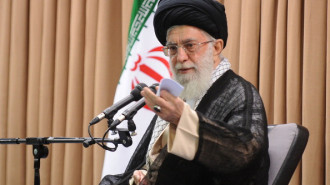Niger Prime Minister says coup regime will 'do no harm' to captive president
Ali Mahaman Lamine Zeine, who has been appointed prime minister as part of Niger's globally unrecognised coup regime, on Friday told The New York Times that the generals who overthrew President Mohamed Bazoum during a July 26 coup will do him no harm.
"Nothing will happen to him, because we don't have a tradition of violence in Niger," Zeine, the most senior civilian appointed by the military leaders, told the newspaper in an interview from Dakar on the fate of overthrown President Mohamed Bazoum.
Zeine also insisted the Niger coup leaders had no intention of collaborating with Russia, or with the Kremlin-backed mercenaries of the Wagner group.
The New York Times reported that the coup leaders had cut off water and electricity to Bazoum's house, where he has been confined since being ousted, and threatened to kill him if other African countries make good on a proposal to restore him to power through a military intervention.
Earlier Friday, Nigeria's President Bola Tinubu warned there will be "grave consequences" if Niger's military regime allows Bazoum's health to worsen under house arrest, a European Union official said.
At the UN headquarters in New York, a spokesperson for Secretary-General Antonio Guterres was questioned by reporters on the state of Bazoum's health and if he was even still alive.
"I've spoken to someone who speaks to him regularly. And, yes, as far as we know and we have no indication to say that he's not alive. So as far as I know, he's alive," said Stephane Dujarric.
Zeine, who was appointed Niger's prime minister on August 7, was also questioned by the Times on the presence of 1,100 American soldiers and 1,500 French soldiers fighting against jihadists in anti-terrorist operations with the local army.
Zeine, a French-trained economist who had served as finance minister in a previous administration, said "the moment will come to review" such military partnerships, while praising the "extremely reasonable position" of the White House in trying to resolve the crisis through diplomacy rather than force.
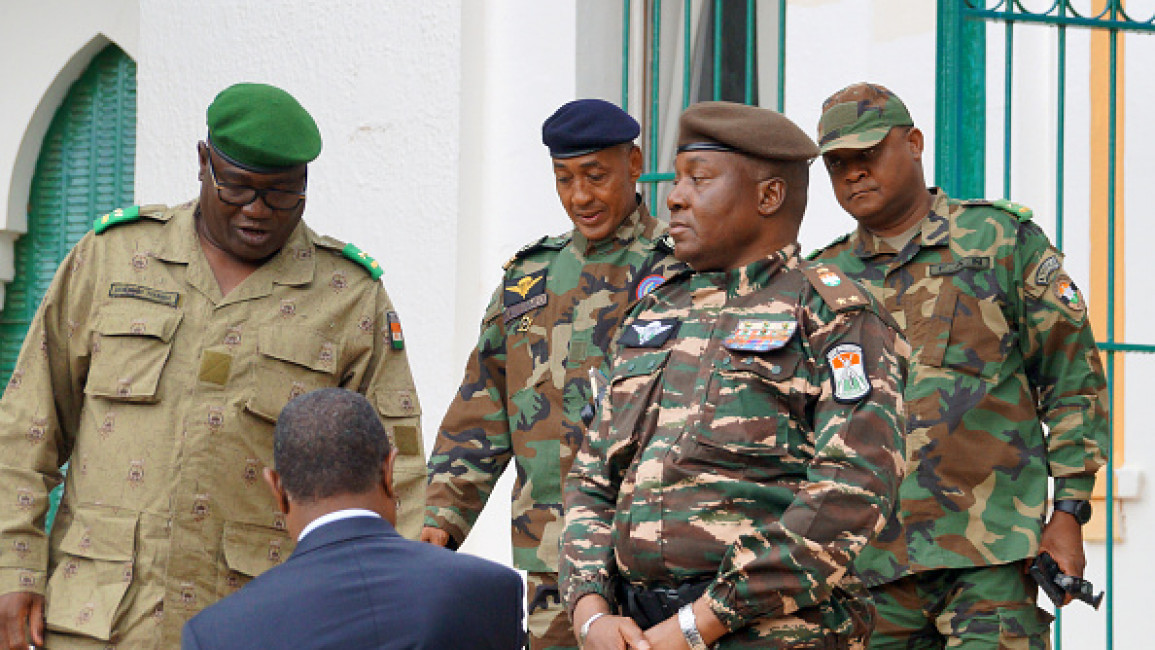
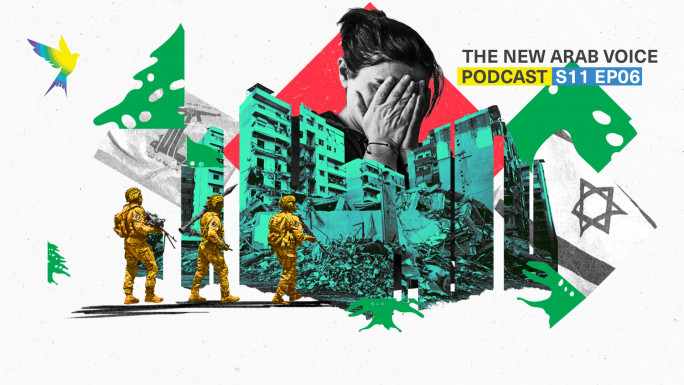
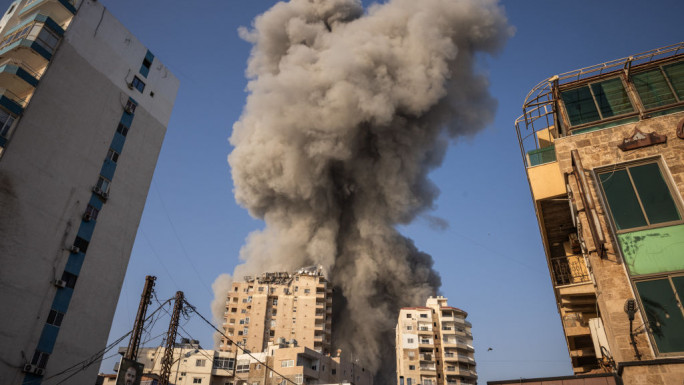
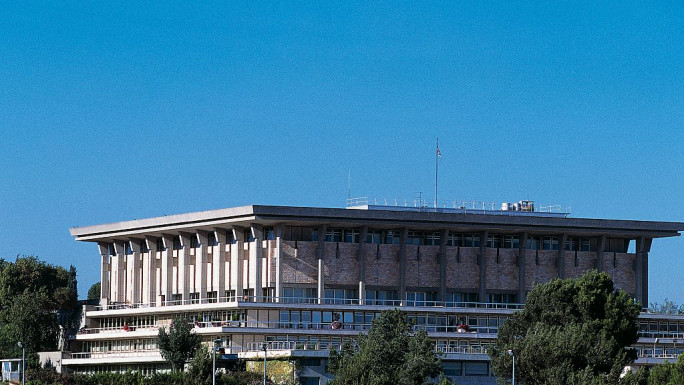
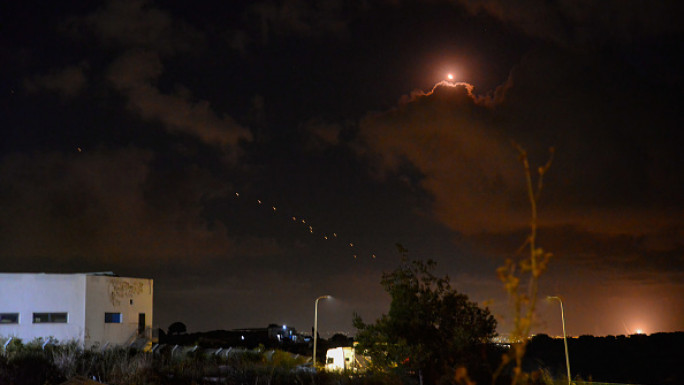
 Follow the Middle East's top stories in English at The New Arab on Google News
Follow the Middle East's top stories in English at The New Arab on Google News
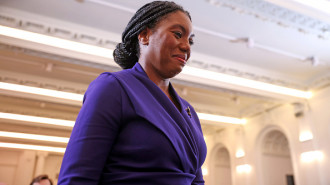
![Baalbek, Lebanon after strikes [Getty]](/sites/default/files/styles/image_330x185/public/2181752697.jpeg?h=a5f2f23a&itok=oKgJSdEo)
